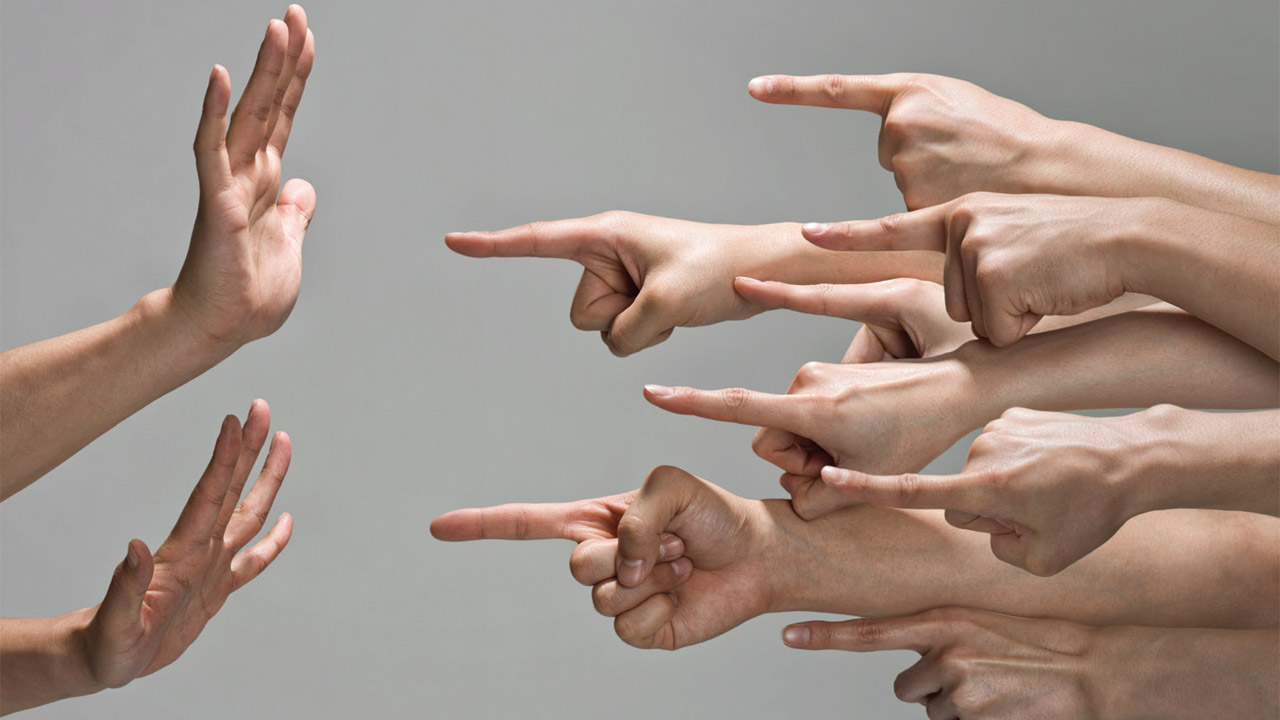Judgement days: Where do we stand?
 CREDIT: ISTOCK (KOKOUU)
CREDIT: ISTOCK (KOKOUU)Opinion: In these days of judgement, we should think about our rush to pronounce judgement on others.
Jean Vanier was a sexual predator. Justin Trudeau is soft on protestors. His Liberal party betrays First Nations people. Bernie Sanders is a socialist. Environmentalists want to destroy the economy. Donald Trump is an idiot. Harvey Weinstein is a monster. Don Cherry is a xenophobe. These are some of the judgements that have filled our media spaces in recent times.
And chances are that over a coffee or something stronger we’ll be talking about the people named in these judgements.
“What do you think of the Tyendinaga protestors?”
“Too bad about Vanier: another hit to the Catholic Church.”
In these days of judgement, we should think about our rush to pronounce judgement on others. That rush is, I think, revealing, revealing in two ways.
First of all, our tendency to judge others strongly hints that we live in a moral universe. Some people claim that we don’t and that we make up our own values. But our eagerness to judge others betrays an underlying conviction that there are ethical and moral standards that people may not violate.
When we pronounce judgement on someone, we usually do not mean that they have transgressed some personal preference that you or I may have. We mean that they have done something that is wrong, and that the wrongness of that action is non-negotiable. Second, the flood of judgement upon others reveals our desire to put the blame for our troubles on someone else.
Canadian author David Adams Richards once wrote, “No one will throw the first stone. But everyone will throw the second.”
He meant, I think, that we all have a hidden desire to blame others for the difficulties in our lives. It only takes one person to throw the first stone of judgement for others to join in.
This is not to say that people should not seek justice. And justice involves making judgement calls about what we see happening around us. But it does mean that we should not thoughtlessly assume that what we hear or read about someone is absolutely true.
Jesus had an interesting way of addressing our tendency to judge others. He revealed that our desire to condemn the other can often go hand in hand with an aversion to examine our own lives.
“Why worry about the dust in our neighbour’s eye when you have a plank in your own?” he once asked. With this saying he demanded not judgement, but self-examination. Or, to put it another way, he allowed some judgement. But mainly judgement in the form of looking in the mirror. When we examine our own lives, we may find out that we violate our own moral standards. In fact, it’s pretty much guaranteed that you do not live up to the standards you want others to live by.
And so, it turns out, that we are more like the people we want to judge than we are different. They are typically better than we are inclined to think. And we ourselves are typically worse than we are inclined to think.
Editorial opinions or comments expressed in this online edition of Interrobang newspaper reflect the views of the writer and are not those of the Interrobang or the Fanshawe Student Union. The Interrobang is published weekly by the Fanshawe Student Union at 1001 Fanshawe College Blvd., P.O. Box 7005, London, Ontario, N5Y 5R6 and distributed through the Fanshawe College community. Letters to the editor are welcome. All letters are subject to editing and should be emailed. All letters must be accompanied by contact information. Letters can also be submitted online by clicking here.















